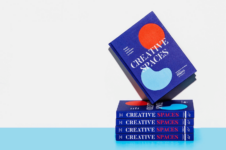Inspired by creative female entrepreneurs, Branding Quickies is a collection of first-person accounts from 20 women who are masters in the art of branding.
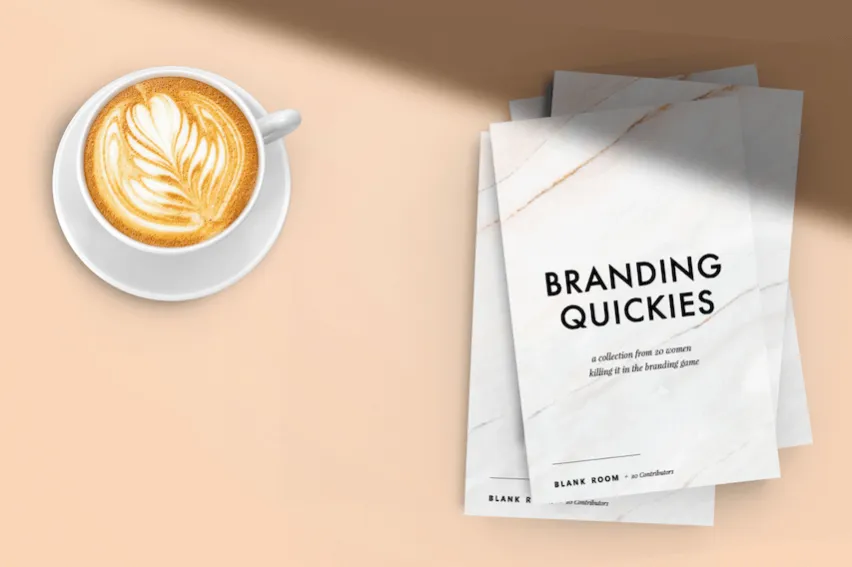
There are lots of ways to start a small business.
Some people crash onto the marketplace like an eager puppy, making all the mistakes but learning valuable lessons from every one of them. Others dip a toe into the water by starting a side hustle with a slow burn. The most left-brained among us research obsessively, make a thorough business plan and execute it with rigorous precision.
They’re all right. Or they’re all wrong. There’s no ideal pathway to becoming an entrepreneur.
But that doesn’t mean it’s not valuable to learn about the journeys—fails and triumphs included—of people who are killing it as small business owners. Especially women.
According to the Women’s Business Enterprise National Council, there are more than 12.3 million women-owned businesses in the U.S. That’s 58% more than in 2007. Clearly, women are channeling their ability to get stuff done and lead in a bold and boss way.
Branding Quickies
Canadian creative director Peggy Bree is one of these women. She’s the founder and owner of Blank Room, a branding studio that specializes in crafting long-lasting designs and brand identities. Inspired by other creative female entrepreneurs, she compiled a collection of first-person accounts from 20 women who are masters in the art of branding.
“Branding Quickies has diverse wisdom and authentic insight meant to inspire and teach other makers and entrepreneurs. The curation features their brands, their experience, their honest journey, and advice for other thinkers in a creative space. You can expect strategic tips, inspiration stories, branding advice, motivation, and most importantly, authenticity from the selected contributors,” writes Bree.
The Branding Quickies collection captures diverse and uniquely female perspectives on starting and running a variety of businesses, from travel blogging to copywriting to PR professionals to a “financial hype woman”.
Whether you’re an experienced small business owner or a neophyte hungry for all the help you can get, Branding Quickies provides a buffet of insights that could spark an aha moment no matter what creative venture you operate. Here are three that are worth a think.
Branding Quickie #1: Say No and Say it Often
Instagram strategist and founder of Sol Studio Natasha Samuel started her small business during her last semester of college. She offers social media management, strategy sessions, and educational resources to other creative entrepreneurs. “I help my clients shine on social media through effective strategies and intentional execution,” she writes.
One of her sagest pieces of advice might seem counterintuitive: Say no. A lot.
“I broke up with my first client one month in. This was heartbreaking because my mentor had passed down a client of her own to me. I feared disappointing her (spoiler: I didn’t). But I knew right away they didn’t fit the direction Sol Studio was headed. While that ‘no’ was hard, it was how I started to practice the no-muscle that I use almost daily.
“My best advice is learning to say no and say it often—to clients that don’t serve you, to services that don’t make you happy, to networking events that drain you, and to investments that don’t move the needle in your business. Saying no often opens a door for something better and, for me, it led to my first dream client whom I’m with to this day.”
This guidance may fly in the face of popular wisdom for small business owners just starting out: Take all the work you can get until you have enough lined up to say no. Turning down a client or a project that doesn’t seem like a good fit with the work you want to do may seem foolish, but, as Samuel’s experience indicates, it can also clear a pathway to bigger, better and more appropriate projects for your business.
Branding Quickie #2: Start with Low Stakes
While many small businesses start with a clear vision, mission, and plan of action, others evolve from a tiny idea into something major. That was the case for Dr. Kiona, a digital educator, strategic curator, and founder of the brand How Not to Travel Like a Basic Bitch.
Her venture began when she and a friend traveled extensively as they finished college. In their adventures, they noticed that they were often in the company of “exploitative, disrespectful” fellow travelers. They decided to start a travel blog that educates others about being a considerate tourist.
Her first post was focused on Cuba. “I knew everyone and their mother was going to ask me how I got to Cuba as an American… so I wrote about it and how not to be a basic bitch while you’re at it,” she wrote.
“I posted it on my Facebook just for my friends and family. And because it was only meant for friends and family, I wrote it in my regular voice. I wrote exactly how I would talk to a friend. What I didn’t know is that it would take off. Friends and family were passing the post around in their offices, posting it in travel groups on the Internet… they were sharing it with a lot of people.”
She credits the popularity of the post—and the ensuing brand—to her authenticity. Because she wasn’t overthinking the impression she wanted to make, she was free to be herself. Genuineness is the secret sauce to many artistic ventures. It might be worthwhile to take the training wheels off your creativity and allow yourself to be who you are, not who you think prospective customers might want you to be.
Branding Quickie #3: Fail More to Win More
Putting yourself out there is part of running a creative small business. You need to be willing to be vulnerable as an artist and decisive as a boss. Julie Abcede, a beauty and lifestyle YouTuber, struggled with feeling like a failure as she worked her way through her first videos.
“When starting your business, getting over the fear of failing and gaining confidence in yourself is so important. You have to train your state of mind from being someone else’s employee taking their orders to be your own boss making your own decisions,” she wrote.
“Being self-motivated keeps you from giving up and understanding your ‘why’ can help with that too.”
It’s important to remember that not every project, marketing idea, service offering, or exciting brainwave will succeed. But the ones that tank are often the ones that offer the most insight into how you can do better next time. As Abcede notes, staying confident and motivated to persevere can counteract most major flops.
If you’re intrigued by the perspectives of these three women, you may want to check out the accounts and adventures of the other creative entrepreneurs of Branding Quickies. It’s a fascinating look at how others approach the work they do.

Written by Heather Hudson, Freelance Contributor
Posted on March 11, 2020
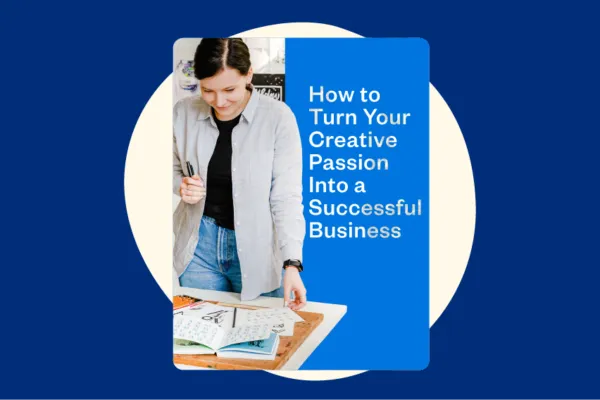 How to Turn Your Creative Passion Into a Successful Business
How to Turn Your Creative Passion Into a Successful Business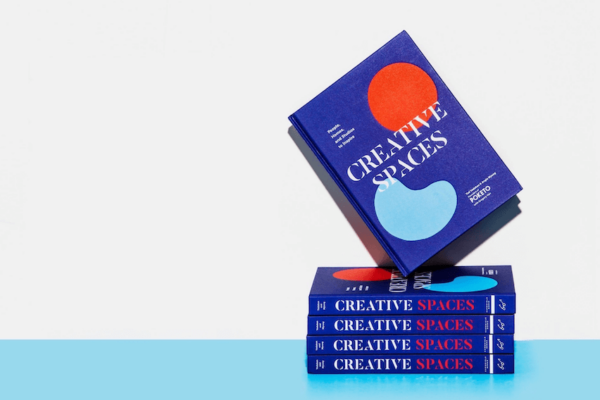 Book Review: Creative Spaces: People, Homes, and Studios to Inspire
Book Review: Creative Spaces: People, Homes, and Studios to Inspire Andy J. Miller: The Secret to Powerful Goal Setting
Andy J. Miller: The Secret to Powerful Goal Setting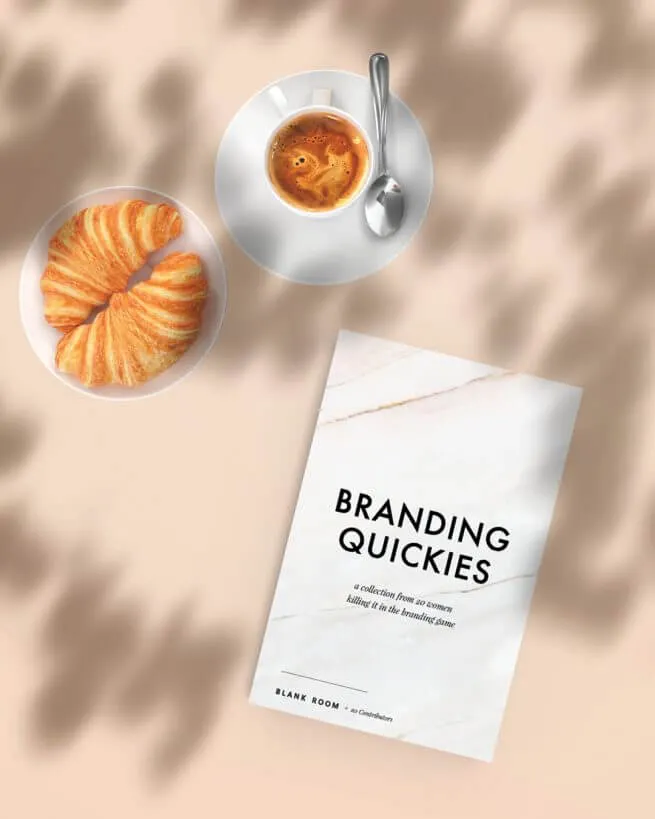
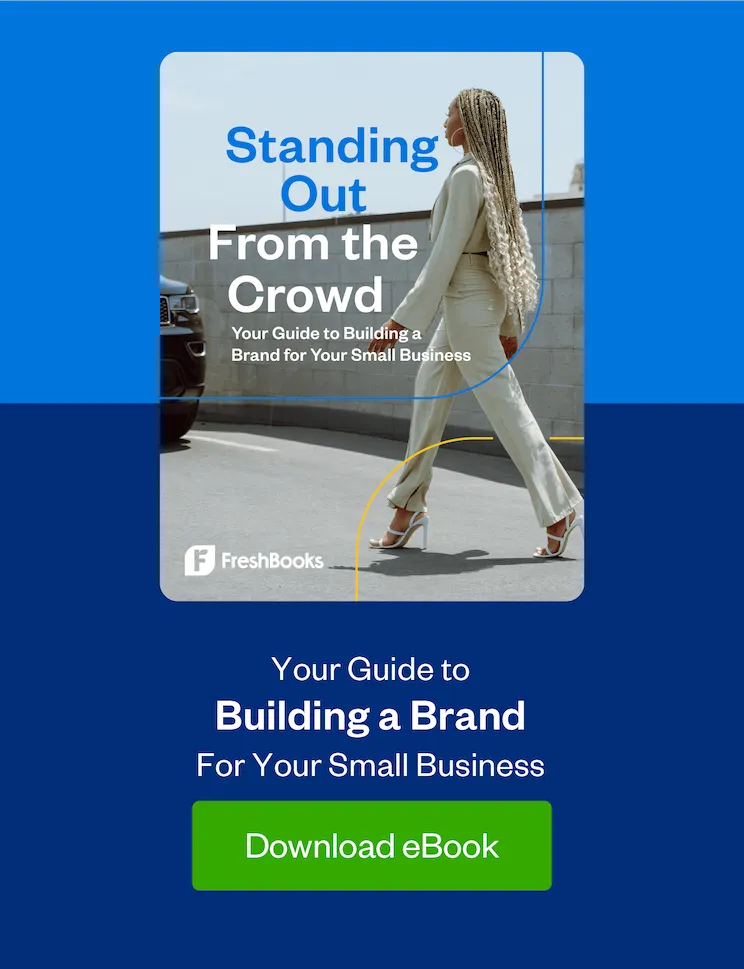
![Standing Out From the Crowd [Free eBook]](https://www.freshbooks.com/blog/wp-content/uploads/2022/05/Standing-Out-From-the-Crowd_eBook-Blog-Hero-Image-226x150.png)
